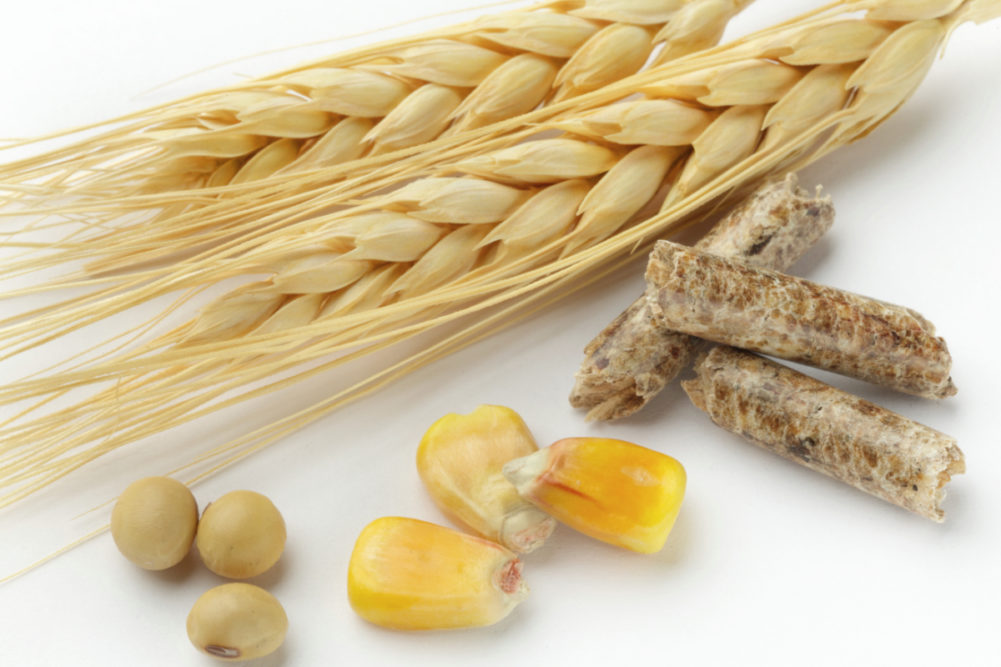LONDON, ENGLAND — Members of the International Grains Council (IGC) convened virtually for the 51st Council Session on June 8 where it considered recent changes in national policies, the impact of coronavirus (COVID-19) measures on grains, oilseeds and rice trade as well as activities of other international organizations relating to the grains trade.
The IGC met via video conference due to COVID-19 travel restrictions and current UK government restrictions on social distancing.
The council officially welcomed Serbia’s membership of the IGC and acknowledged the UK’s application letter to join the IGC from Jan. 1, 2021, in accordance with the Agreement on the withdrawal of the United Kingdom from the European Union, signed by Lord Zac Goldsmith, UK’s Minister of State for DEFRA, DFID and FCO.
It was agreed that the program of work for 2020-21 would continue to concentrate on its core economic and statistical activities.
The Secretariat updated the council on its ongoing projects which include:
- Updating of the five-year S&D forecasts for the main commodities, particularly demand for feed, food and industrial use;
- Publishing a balance sheet for pulses for main exporters;
- Implementing Market Dashboards for the four main commodities (wheat, maize, soybeans and rice) to show market developments (prices, margins, trade).
- Developing a methodology for building supply and demand balances for maize-based ethanol, starting with the major producers;
- Developing potential new partnership with organizations from Eurasia and Sub-Saharan Africa.
At the council session members agreed to sign a memo of agreement between the IGC and MED-AMIN, which would include sharing information on harvests, pulses and the C&F price monitoring system for the Mediterranean region.
The council appointed Corinne Roux, policy advisor, Trade Relations Unit, Federal Office for Agriculture (FOAG), Switzerland as IGC’s chairperson for 2020-21. Taras Kachka, deputy minister for Economic Development, Trade and Agriculture, Trade Representative of Ukraine was appointed as vice chairperson for 2020-21.
The council welcomed the participation of observers from Bangladesh, Brazil, Taipei (Chinese) Separate Customs Territory and congratulated Nathalie Dubé for her proactive chairmanship and initiatives taken during the year, including the IGC Grains Forum on Plant Breeding Innovation held in December 2019.
World total grains production in 2020-21 was projected at an all-time high of 2.230 billion tonnes, an increase of 54 million tonnes year-over-year, including record harvests of wheat (up 4 million tonnes) and maize ( up 50 million tonnes).
The first rise in global grains stocks for four seasons was predicted, while world grains trade was expected to be a record.
Given prospects for a much larger US crop, 2020-21 global soybean production was predicted to rise by 8% year-over-year, to 363 million tonnes. With another increase in China’s purchases anticipated, world trade was projected to expand by 4% year-over-year.
Tied to anticipated acreage increases in Asia, the 2020-21 world rice outturn was predicted at a peak of 506 million tonnes, up 9 million tonnes year-over-year, with accumulation in key exporters pushing up global carryovers to a record of 182 million tonnes.
The Virtual IGC Grain Conference will launch on June 9, with access to pre-recorded video presentations from more than 60 international government and industry speakers from the grains, oilseeds, pulses and rice sectors and 14 live Q&A sessions on June 10.
The IGC Grains Conference is part of the second London Grains Week organized by AHDB, GAFTA, IGC and IGTC to bring together the key operators of the grains value chain to discuss the latest trade issues and practices.
For the full program and to register click here.
Follow our breaking news coverage of the coronavirus/COVID-19 situation.






